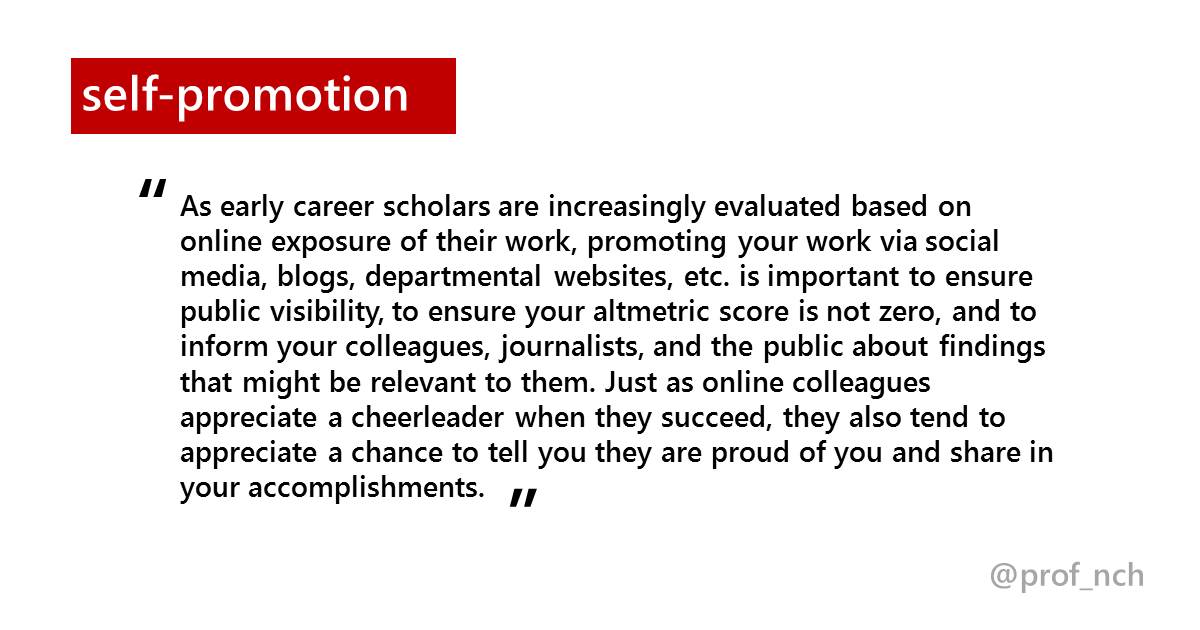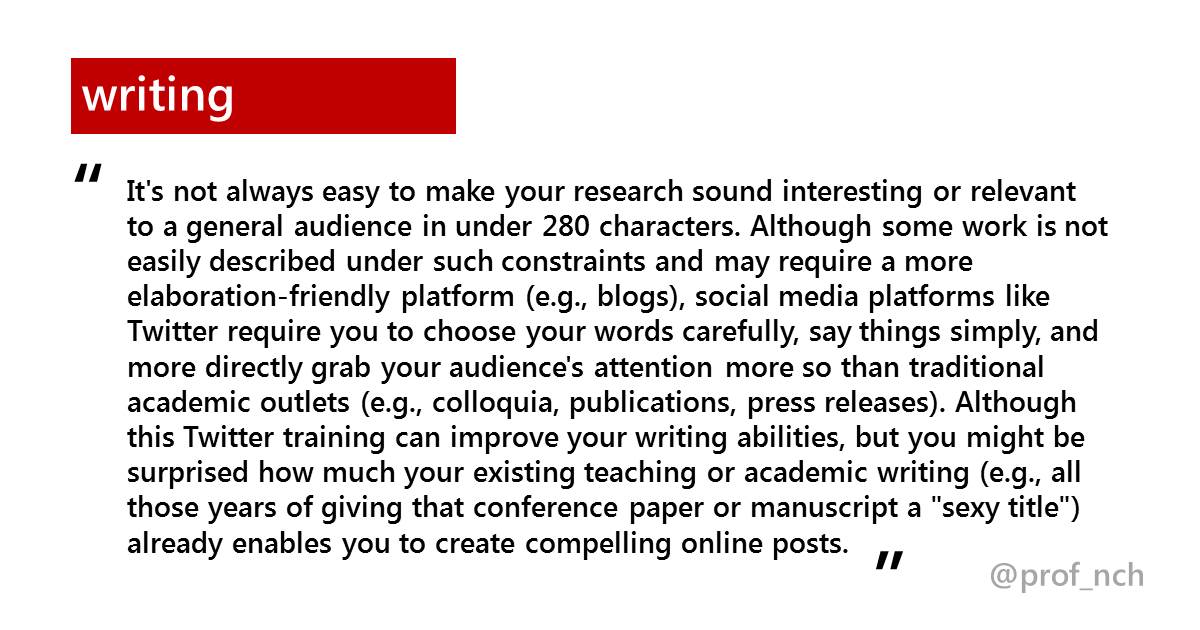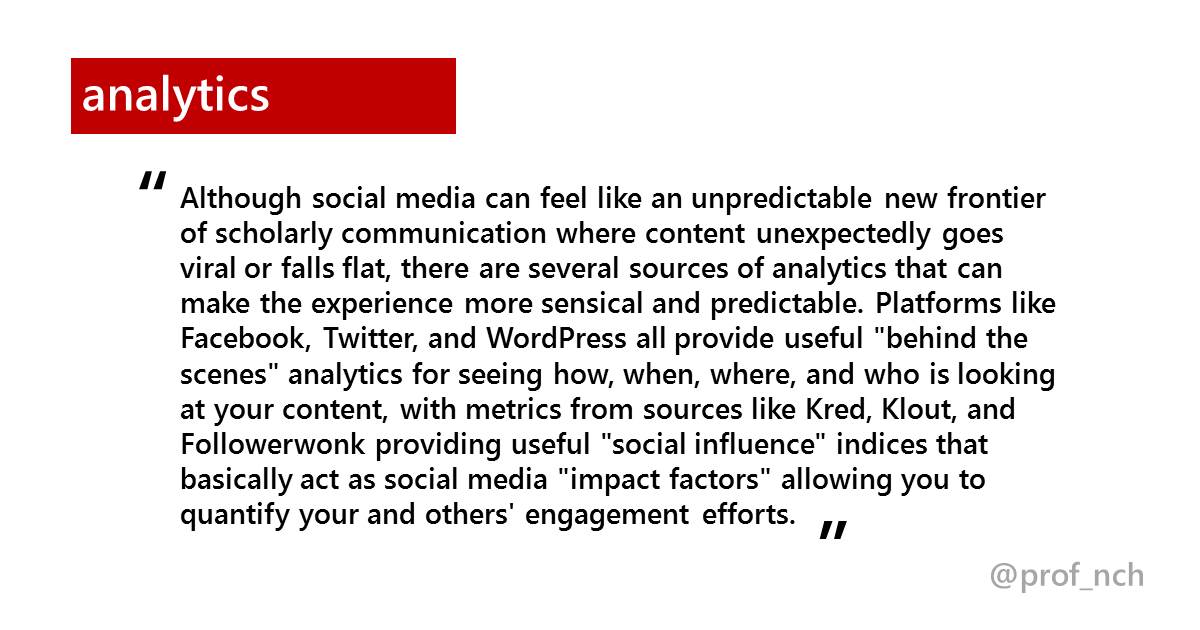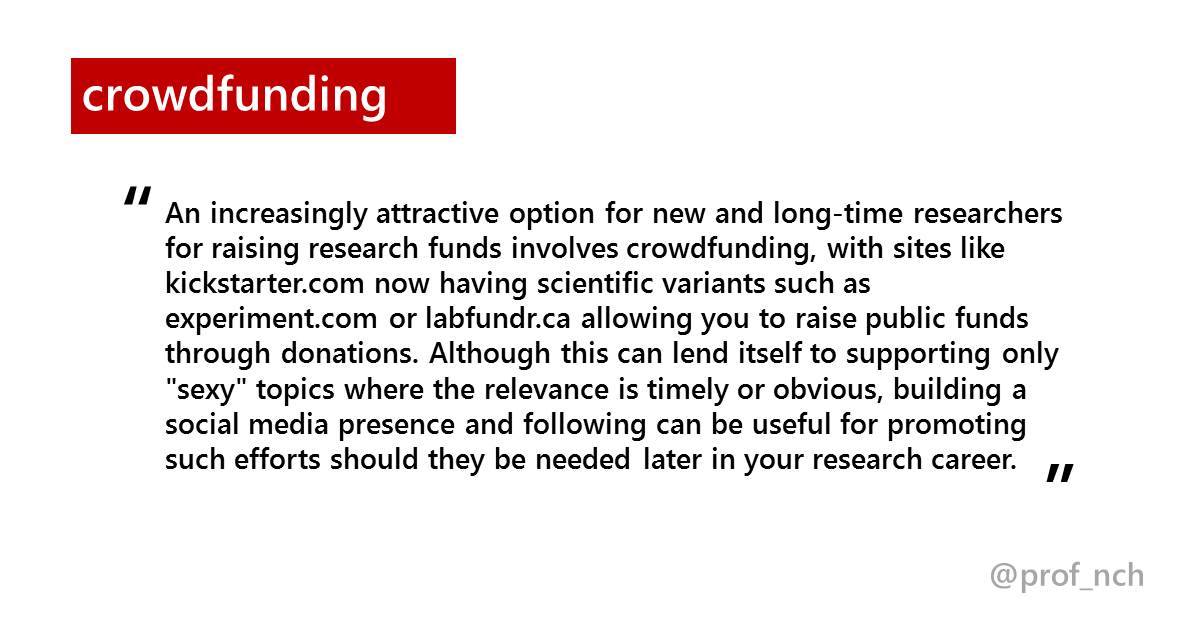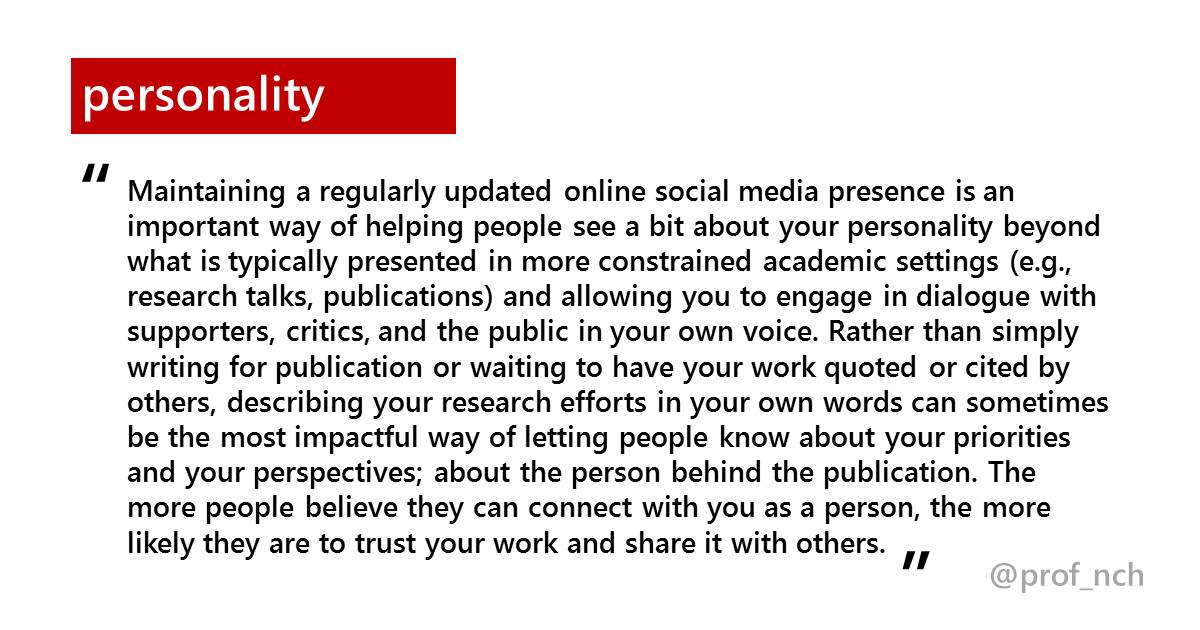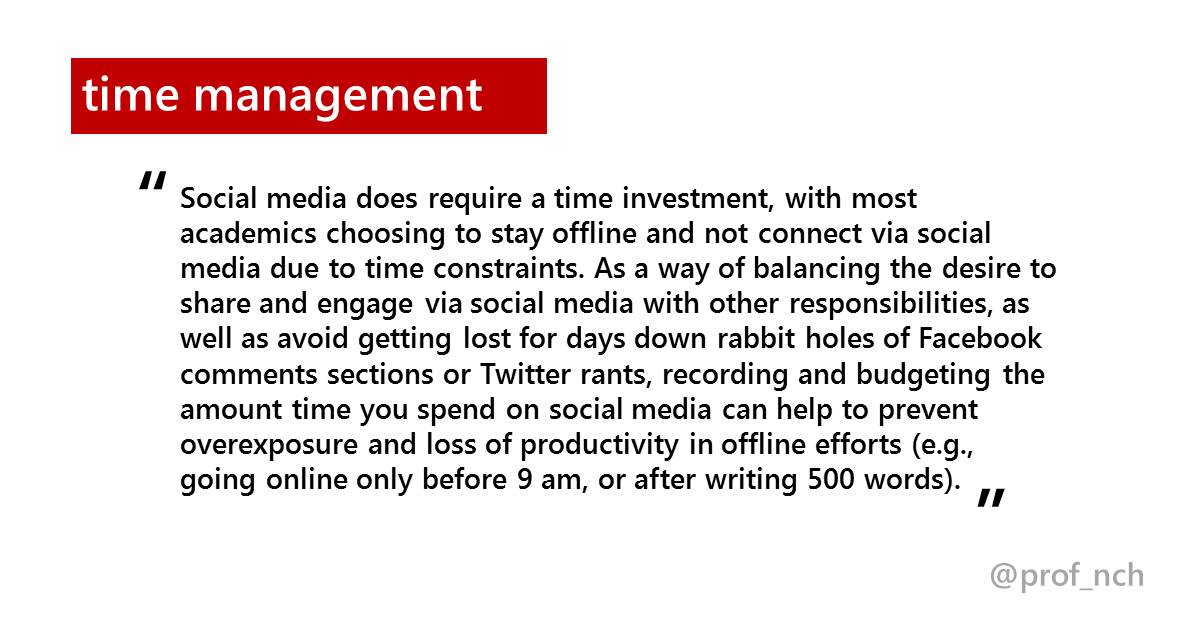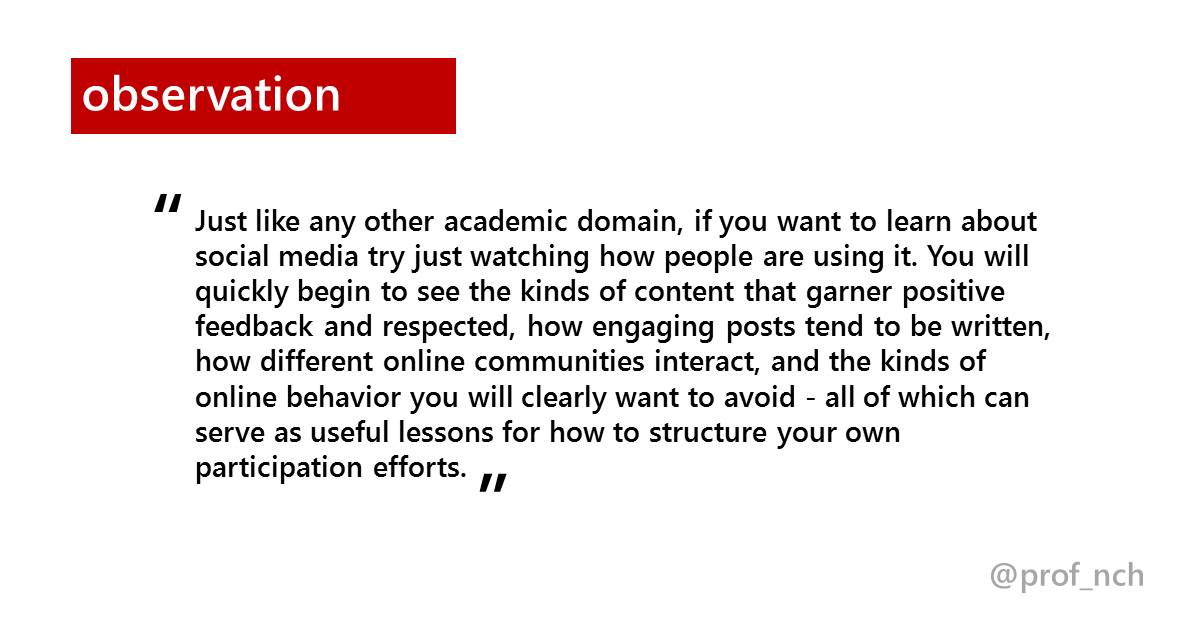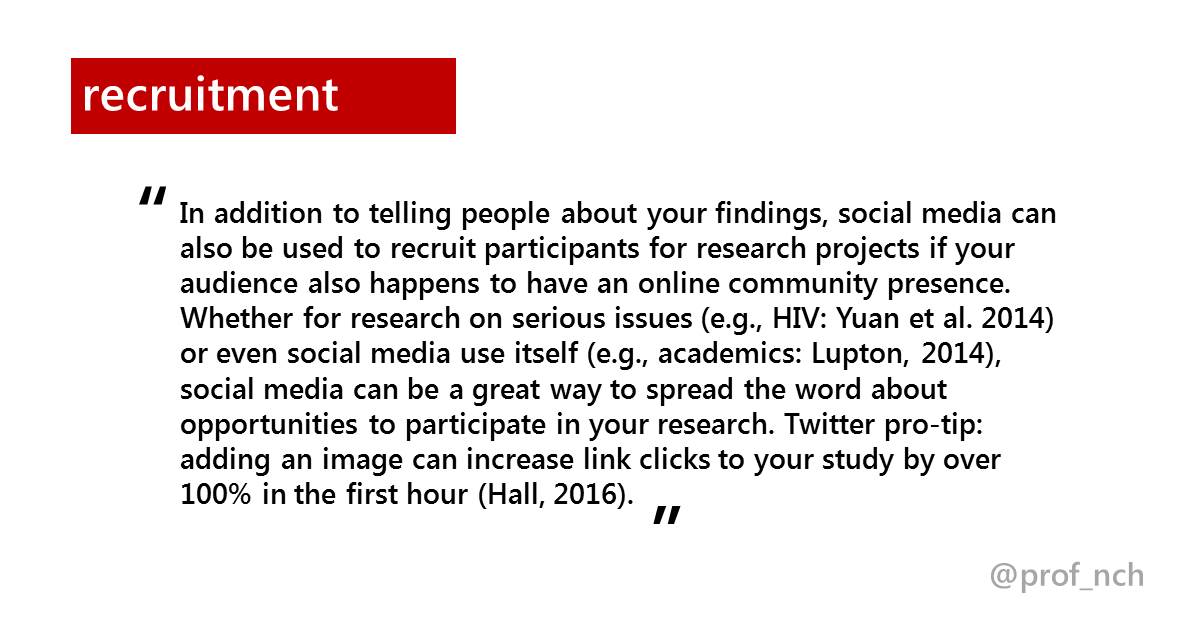1. Have your codebook at the ready to answer Qs about measures or items
2. Prepare for Qs concerning moderation by demographic variables, particularly if mentioned in participants sections
3. Restating Q or asking to rephrase can buy time to formulate response
5. Don’t focus on limitations of your work, but how many ways you have to improve & expand going forward
6. Citing external refs and authors in replies usually shuts down ego-based questioning
8. Ego-based Qs in general can often be dissolved by flattering the quality of the Q and taking actual notes
10. Simply thanking ppl for their Q is a basic courtesy that sets a positive, respectful tone for future Qs
11. Hidden slides of extra info
13. Asking “does that answer your Q“ usually shuts it down as it creates self-consciousness in the asker by drawing audience attention to their own expertise or tact
15. Practice a talk repeatedly in lab meetings, or with supervisor, peers; push them to ask hard Qs
17. I personally find humour disarming; when an audience is smiling they are on your side and have less time/motivation to call you out
19. Remembering u are awesome at something else during Qs can calm nerves, give perspective

